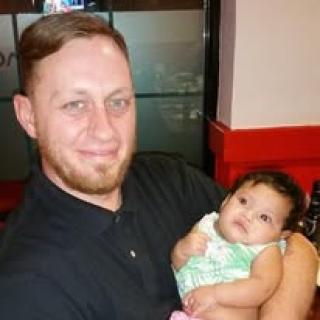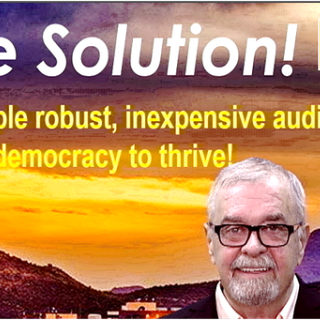Advertisement
The City is giving funding to a handful of violence intervention non-profits, but some say much more is needed. If it were to significantly increase, they believe their outreach can return Columbus to less violent times.
The Free Press recently spoke with several Columbus-based intervention specialists, also called “street mentors.” Many are “restored citizens.” They’ve weathered incarceration and found purpose in seeking peace.
All repeatedly said there is one individual in the community they need to reach the most – the “shooters.”
“We are going into the trenches and engaging with shooters. We are engaging in hot spots where the violence is taking place and engaging with individuals who are shooters or possibly can be shooters and discussing non-violent alternatives,” said Thell Robinson III, president of the non-profit Halt Violence, who paid his debt to society after years of dealing drugs in Linden and Southside.
According to the Halt Violence’s website, “Halt Violence performed 93 conflict mediations in 2020. Thanks to our team of 5 staff members, we were able to cease 64 conflicts that stopped murders, stopped shootings and stopped fights among black youth, black teens and black adults.”
These shooters are at the heart of what is “like an onion,” explained a former street mentor for the Urban League who did not want to offer his name for publication. The “onion” represents a gang or a neighborhood, he says, and closer to the heart of the onion you can get, greater the opportunity to stop the heartbreak.
“It works,” insisted the source about local efforts to convince shooters to “squash the beef” with enemies. He adds it’s almost always about drugs, and that Mayor Ginther has a point when he says many victims of violence know each other.
He repeated it again: “It works, man.”
“But we need more money. They need like $10 million. What they (the City) just gave End The Violence (a local nonprofit) is not enough,” he said referring to the roughly $500,000 allocated. “Back in 2007 we had a low number of murders (79) because the City gave us more funding that year.”
The spike in violence has rattled the community and the police-state apologists at WSYX Channel 6 and 610 AM (local conservative talk radio) can’t resist to pump-up the volume on the crime-wave narrative. They blow their racist dog-whistle by putting all blame on the individuals, their families, their neighborhoods. Yet drug dealers and their crews supply the entire community – from Hilliard, to campus, to Pickerington, and everywhere in between.
Last summer the Free Press was told by Columbus police officers the spike in violence may partially be the result of the Division’s “COVID response.” Officers weren’t engaging as much as they should, not being as pro-active.
The street mentor is always shadowed by hidden threats. They have had guns pulled on them by shooters who believe they are secretly working with Columbus police. Street mentors say this is never the case.
“The police have questioned me, have harassed me for information while I’m out trying to speak to shooters,” says our source who worked for the Urban League, and he too spent years in prison for drug dealing. “(But) I would do 20 years before I give anybody up.”
Halt Violence’s Thell Robinson III says, “God is my provider, we don’t work with the police.”
Sean Stevenson started End The Violence in 2009. He too is a reformed citizen, a former legend amongst gangs, something he’s disavowed. Mayor Ginther announced in April that End The Violence will be given $500,000 to mentor 80 young people. Stevenson says it will be the first time the City has even given End The Violence funding.
“First of all, if you do this work you don’t involve the police,” said Stevenon to the Free Press. “I can’t even tell you the number of people I’ve helped [over the past year]. I work at night. You have to be out here two, three in the morning. I don’t get a day off. I don’t take vacations.”
Stevenson says it’s not about more money. The key to his success is insight and information. He’s been warning the City for five years this spike in violence, especially among our youth, was coming.
“When you squash something you don’t hear about it. When people die, the shit didn’t get squashed and nobody was in front of them,” he said.
Stevenson said it’s difficult to find the right person for intervention work. The street mentors we spoke with also used this term – “meaningful roles for restored citizens.” More are needed they say, just as the City recently announced it is hiring for three new anti-violence positions, a project manager, and outreach coordinator and a social worker.
The community needs to be more preemptive to end the violence. It’s that simple. But easier said than done.
“We can go out into the community and go anywhere. We have the rapport. The police can’t do that. If you ask the police right now and ask them, ‘Who’s the founder of the Bloods? Who’s the founder of the Crips? Who’s the founder of MS-13?’” said Stevenson. “The police can’t tell you.”



